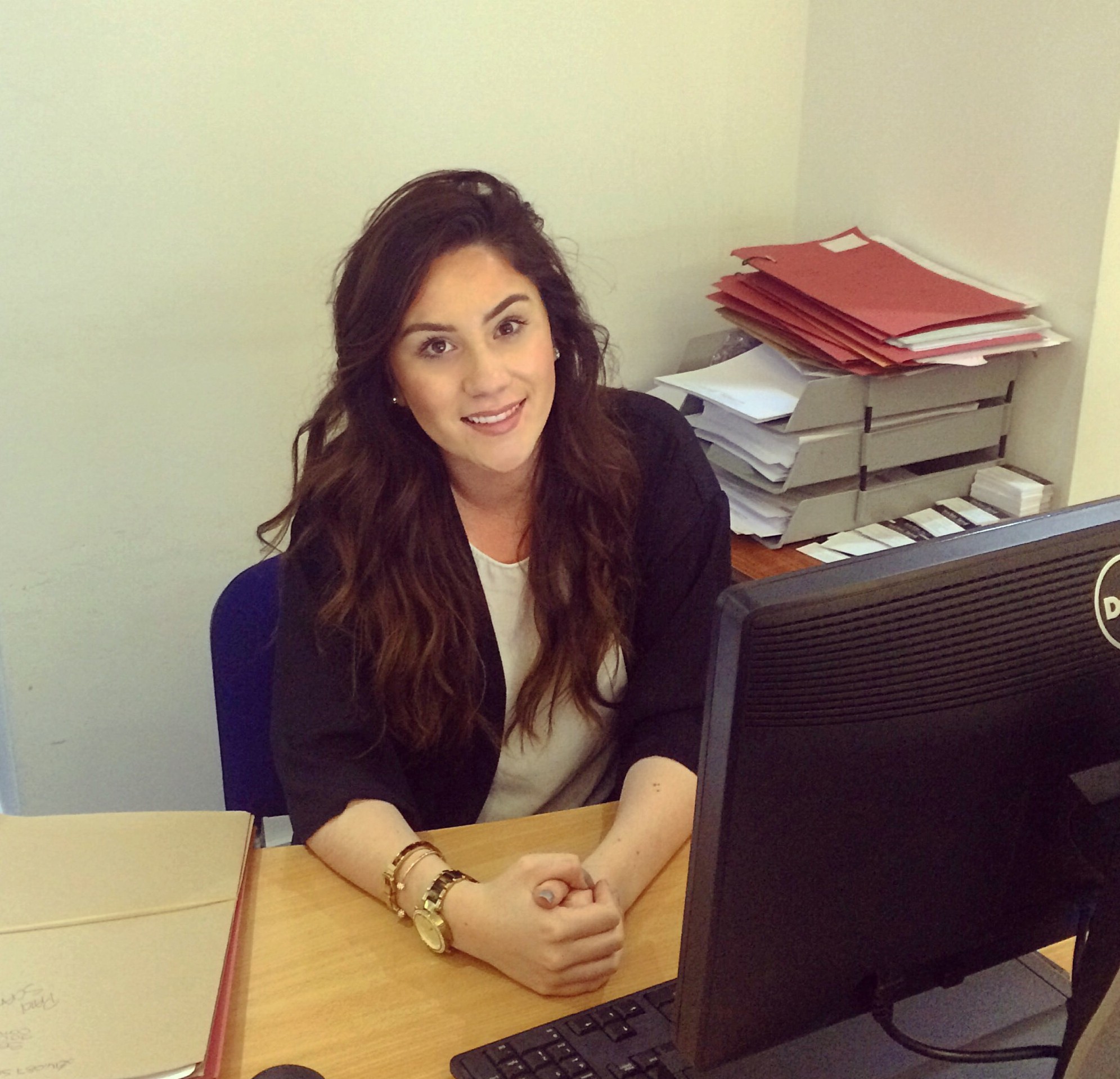Inheritance Tax – Residence Nil Rate Band
 A new Inheritance Tax allowance comes into force on 6th April 2017. This will apply to property left to direct descendants. The Residence Nil Rate Band, as the new relief is called, means that from this year, a new tax free allowance will apply to a property left by a deceased person to a descendent. If there is more than one property in the estate, the executor can decide which property is to be allocated for this purpose.
A new Inheritance Tax allowance comes into force on 6th April 2017. This will apply to property left to direct descendants. The Residence Nil Rate Band, as the new relief is called, means that from this year, a new tax free allowance will apply to a property left by a deceased person to a descendent. If there is more than one property in the estate, the executor can decide which property is to be allocated for this purpose.
This allowance starts at £100,000 and will rise in £25,000 blocks over the next 4 years until, in the tax year 2020/21, it will stand at £175,000. If the property is held in joint names of a married couple or civil partners, each of the parties enjoys this relief - and it’s transferrable from one to the other on death if it’s not been used up.
Here are the basic rules. The Residence Nil Rate Band will apply if the:
- individual dies on or after 6 April 2017
- individual owns a home, or a share of one, so that it’s included in their estate
- individual’s direct descendants such as children or grandchildren inherit the home, or a share of it, and
- The value of the estate isn’t more than £2 million
Direct descendants include, the children, grandchildren and further lineal descendants of the deceased. They also include the spouse or civil partner of a direct descendant. Also included are step children, adopted children, fostered children and children of whom the deceased was guardian. You can find an outline of what are considered to be descendants on the HMRC website. You can click here to view this information.
Direct descendants don’t include nephews, nieces, siblings and other relatives who aren’t included in the list above.
The Residence Nil Rate Band is in addition to the current Inheritance Tax (Nil Rate Band) threshold of £325,000. This is also transferrable between spouses or civil partners if it is not exhausted on death.
The total Inheritance Tax allowances available to married couples and civil partners from the tax year 2020/21, will be £1 million – and after that the allowances will increase in line with inflation (as measured by the Consumer Price Index).
There are a number of helpful case studies on the HMRC website ranging from the most simple and straight forward to the very complicated. You can view those case studies by clicking here.
Interestingly, if one spouse or civil partner dies before April 2017(whether or not they owned a share of the property or had already passed a share to children), the survivor will be able to use both of their family home allowances when he or she dies.
If you have a Will, you need to make sure it’s up to date so that you can take advantage of this tax-free allowance. If you don’t have a Will, you need to make one now to ensure you can decide who will benefit from this allowance.
Inheritance Tax planning is a complex process and we recommend this be undertaken by an expert in this field.
Get In Touch
Contact us on 0141 887 5271 (Paisley) or 0141 886 5678 (Renfrew).
Walker Laird Welcomes Work Experience
 Here at Walker Laird, we encourage work experience, as we believe that offering students the opportunity to put their knowledge into practice is very important. We also hope that the work experience we provide will be insightful and advantageous to those studying and planning a career in Law.
Here at Walker Laird, we encourage work experience, as we believe that offering students the opportunity to put their knowledge into practice is very important. We also hope that the work experience we provide will be insightful and advantageous to those studying and planning a career in Law.
In this post, Anna Brown, 21, talks about her experience working within various departments and what life is really like at Walker Laird.
"I feel so privileged to have been given the opportunity to gain legal work experience at Walker Laird, a solicitors and estate agents that has been established since 1815, and well renowned in my hometown. My family have used Walker Laird for generations, so to have had the opportunity to gain some work experience from here was hugely appreciated. I started my work experience during the summer between third and fourth year of law school at Edinburgh University.
I was apprehensive at first as I had no previous legal experience, other than what I had studied at university, but from the minute I arrived at the office I was made to feel comfortable, welcome and within my depth.
Starting Work
For the first few weeks I assisted Mr. McGinlay who is a Partner and Head of the Private Client Department. I also helped out organising files for the Conveyancing Department. This was beneficial, as at University, the process of Property Transfer, and how Wills are created and operate is learnt on solely a theory basis. To see real client files containing Wills, Power of Attorney documents, Title Deeds, Dispositions, and communication between the solicitors and clients was useful. It was extremely beneficial to see how everything I had studied about property and Wills during my ordinary degree operated in practice. I felt that after a couple of weeks, I had already expanded my knowledge about these areas of law by handling client files and documents.
I luckily got the opportunity to stay on at Walker Laird for a further few weeks of summer to help out in the office. Here I worked with the reception staff, and the company’s paralegal, Rebecca. It was here where I gained court experience, by going along to court with Rebecca to observe whilst she dealt with civil matters before the Sheriff Clerk. This was really interesting as my only previous court experience was observing criminal cases from the gallery, so to see the civil cases operate enabled me to gain further understanding of what happens when civil matters reach the court, which again is not something I could have gained from a classroom.
Being based in the reception was great to see how a legal office generally operates – from helping clients coming in and out of the office with different needs and enquiries, to answering phone calls. Both of which could be about a wide range of issues as Walker Laird offers a variety of services, from Family Law to Conveyancing.
I now feel after gaining the hands on experience at Walker Laird and returning to University for my fourth year of law school, I have a better understanding of the legal system as a whole. It has helped build my confidence and I am looking forward to putting the knowledge I gained from my time here to use in my final year of study, diploma, traineeship and into my career as a lawyer."
Walker Laird wishes Anna all the best for the future!


